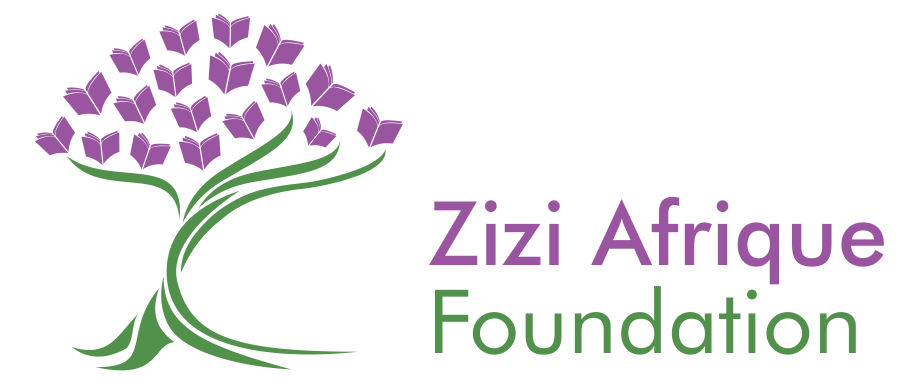Education in Sub-Saharan Africa has witnessed much transformation over the last decade, but many challenges persist. COVID-19 exacerbated an already worse situation.
1. Too much schooling, too little learning
Sub-Sahara Africa trails the rest of the world in learning outcomes, and this is a great threat to Africa’s future. In many countries, more than half of the children cannot read or do simple arithmetic. Following the prolonged COVID closures and the inequitable access to learning opportunities at home, children from poor households and those with disabilities have fallen further behind in learning.
Historically, the exultation of examination scores over the holistic development of the child has yielded a generation of rote learners deficient of the core competences needed for life and work: thinking, self-confidence, communication, values and digital technology skills.
2. Crowded interventions, but little progress
Arguably, there has never been as much penetration of Sub-Sahara Africa by school-based interventions than has happened over this last decade. In Kenya, there has not been a shortage of non-state interventions in the education space. Hundreds of civil society actors are doing something to improve the quality of education in thousands of schools and communities.
On a small scale, our recent assessments in Turkana, Tana River and Bungoma indicate that the improvements are not significant, and the challenge of learning persists.
Inevitably, it will take greater coordination of the actors in education to deliver the promise of equitable, inclusive and quality education and lifelong learning to our children
by 2030.
3. Youth unemployment and the future of work
Youth unemployment in Africa has soared, and even then, much of the work that youth do today cannot sustain them. The economies are unable to produce jobs to serve the bulging youth population, but youth also largely lack the competences needed to create, access and retain jobs. By 2040, it is estimated that 40 percent of the world’s new entrants to the job market will be supplied by Africa.
A crisis of ‘unskilled labor supply’ is likely to yield an unfortunate crisis of the ‘world’s new slaves’, like is already happening in the current ‘labor’ supply to the Middle East. The current trajectory reveals a future in which Africa will labour for the rest of the world with negligible returns to herself.
One thing is certain, that academic and technical skills are important, but far too inadequate to face this future with confidence, skilling and re-skilling of youth (and the work force) is necessary, to rapidly adopt new technologies and accumulate the competences most needed for learning, living and working.
This Zizi Afrique strategy seeks to address these contexts by networking with other actors to improve learning and training in order to equip every young person with the values and competences required to thrive in life and at work.
